
Altered image does not show federal officials in Ethiopia wearing Oromo symbol of power
- This article is more than two years old.
- Published on March 30, 2023 at 11:08
- 4 min read
- By Tolera FIKRU GEMTA, AFP Ethiopia
The post has been shared more than 280 times since it was published on March 19, 2023. The accompanying image shows top officials from the Amhara ethnic group who are serving in the federal government.
The Amharic caption in the picture translates to: "The first batch of graduates from Gada higher education".
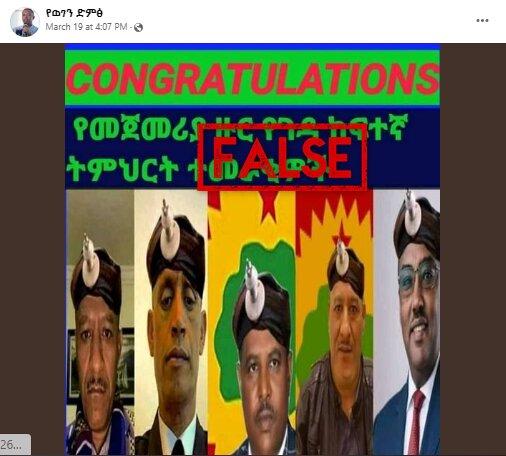
The individuals in the collage, from left to right, are Temesgen Tiruneh, the director general of Ethiopia’s National Intelligence and Security Service; Agegnehu Teshager, the speaker of the House of Federation; Labour Minister Nigusu Tilahun; Temesgen, again; and finally Deputy Prime Minister and Foreign Affairs Minister Demeke Mekonnen.
Flags of the Oromo Liberation Front (OLF), an opposition party in Oromia region, can be seen in the background of two images.
Gada is an indigenous democratic system practised by Oromo people in Ethiopia and included in the list of UNESCO’s Intangible Heritage of Humanity in 2016 (original page archived here). The traditional political leader is Abba Gada, who usually ties kallacha, traditional headgear that symbolises power, on his forehead (archived here).
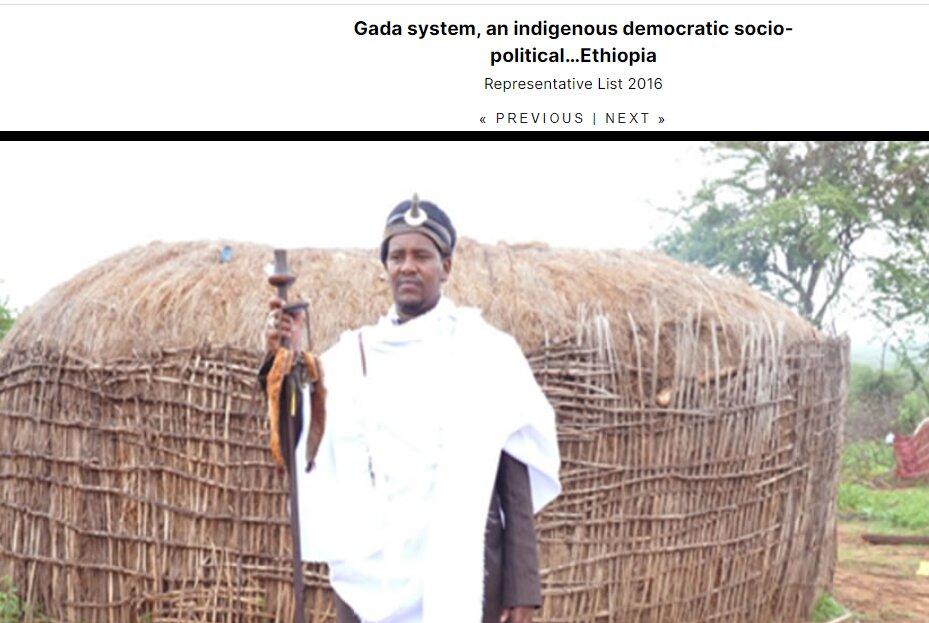
Each person in the collage also appears to be wearing kallacha.
The post intends to give the impression that the Amhara officials recognise the purported superiority of the Oromo identity and political system, and it coincides with rising tensions between the country’s two largest ethnic groups, especially in the government’s upper echelons.
Ethnic division
The Prosperity Party has ruled Ethiopia since 2019. Abiy Ahmed, the country’s first Oromo prime minister, rebranded the party when he merged the former ruling coalition of ethnic parties.
The merger intended to tone down ethnic divisions which have been a source of instability in Ethiopia.
However, local reports revealed that divisions within the ruling party have widened recently over ethnic conflicts and controversies that followed the creation of a new city named Sheger comprising four towns on the outskirts of Addis Ababa.
International media also covered the return of old conflicts and rivalry between Amhara and Oromo ethnic groups, posing significant security challenges to the country.
However, the photo in the false post does not show Amhara officials wearing kallacha after graduation.
Altered photos
AFP Fact Check conducted reverse image searches and established the individual pictures in the collage all have been digitally altered.
The first image of Temesgen originally showed him in military uniform and a matching hat, with sofas behind him. In the altered image, his attire has been replaced and the background changed to a frame hanging on the wall. Kallacha has also been added.
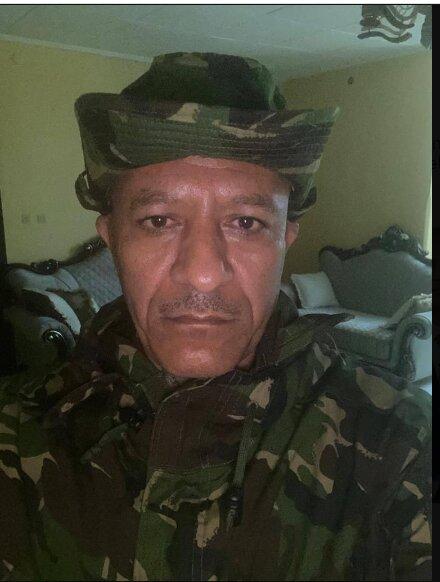
In the second image, Agegnehu is seen wearing kallacha and a traditional Oromo outfit with black, red and white colours. In the original, however, he has nothing on his head.
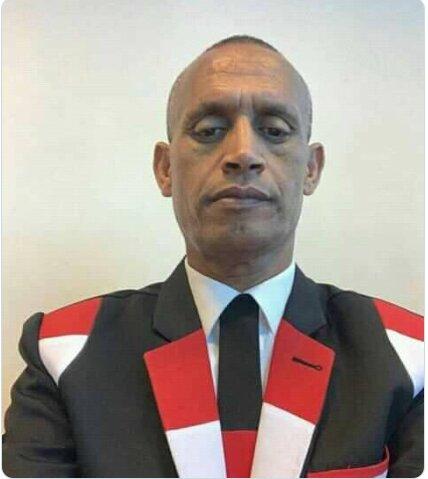
Although Agegnehu is Amhara, it is common practice for federal and regional officials to wear traditional outfits from different regions to promote unity and diversity.
The third and the fourth images once again show Nigusu and Temesgen, respectively. Unlike in the altered pictures, neither man has the OLF flag behind him in the original pictures, nor were they wearing kallacha.
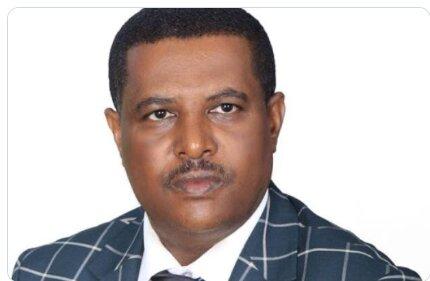
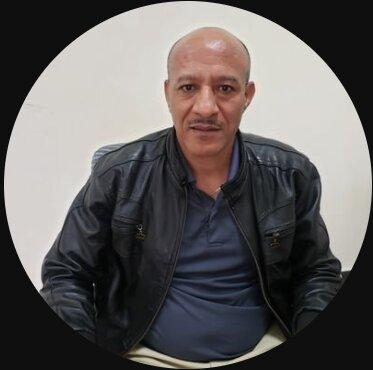
Finally, the fifth image of Demeke originally shows him standing beside the flag of the Federal Democratic Republic of Ethiopia. It was taken in February 2021 by the Ethiopian New Agency (ENA), a government-owned news organisation.
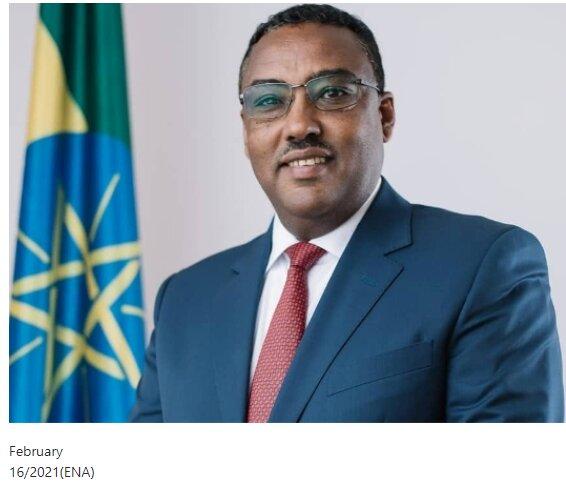
However, the flag was cropped out in the altered image and kallacha added to his head.
Copyright © AFP 2017-2026. Any commercial use of this content requires a subscription. Click here to find out more.
Is there content that you would like AFP to fact-check? Get in touch.
Contact us




